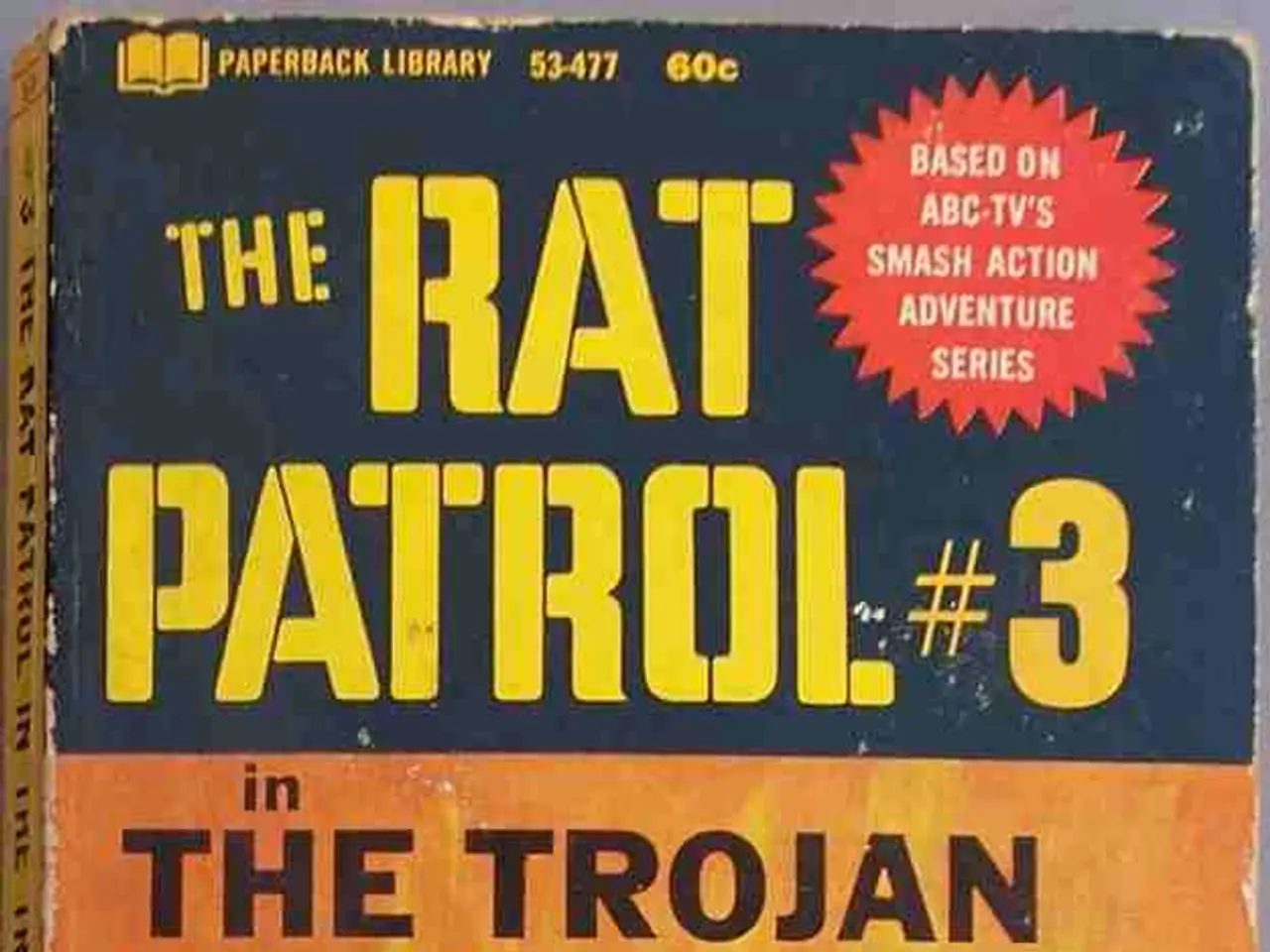Government of Israel authorizes measure for taking control of Gaza City
The situation in Gaza City remains tense and volatile, following Israeli Prime Minister Benjamin Netanyahu's recent announcement. The Israeli Defence Forces (IDF) have been intensifying their military operations, targeting Hamas infrastructure and personnel within the Gaza Strip.
Israeli airstrikes and ground maneuvers are part of a broader strategy to weaken Hamas's capabilities. The IDF's chief of staff, Lt Gen Eyal Zamir, has stated that the objective is to defeat Hamas, with the hostages "at the forefront of our minds."
Despite the ongoing military actions, negotiations for a ceasefire and partial hostage release have stalled due to disagreements over conditions. The decision to topple Hamas and recover 50 hostages is a significant part of Israel's war goals, as reaffirmed by the Security Cabinet.
These goals include recovering all hostages from Hamas, disarming the Iran-backed Islamist faction, demilitarizing the Gaza Strip, maintaining Israeli security control over the territory, and establishing a post-war administration that is neither Hamas nor the internationally-backed Palestinian Authority.
Hamas, however, has threatened to execute the 20 live hostages rather than see them rescued. The hostage families have expressed concern that ordering a full conquest poses immediate danger that their relatives will "disappear forever in Gaza's soil." A vigil was held outside the Jerusalem government complex where the Security Cabinet met, reflecting the families' anxiety.
The conflict has taken a heavy toll on the Palestinian territory. According to the United Nations World Food Programme, half a million people are starving. The IDF already controls 75% of Gaza, displacing hundreds of thousands of Palestinians. The devastation of the territory has led to international isolation for Israel, with criticism over the humanitarian toll on Gaza.
The IDF has major diplomatic and logistical backing from the United States, with President Donald Trump offering to expand an alternative to the UN's aid-distribution system in concert with IDF advances. However, the lack of a clear post-war vision for Gaza is a point of contention, particularly with far-right coalition partners who have called for annexation and depopulation of the strip.
Gaza City, home to as many as 1 million civilians, is among pockets of territory that have been subjected to air strikes but largely skirted by ground forces. The Gaza Humanitarian Foundation, a US- and Israeli-backed relief group, is shunned by traditional UN agencies, adding to the complexities of the humanitarian response.
As the situation evolves rapidly, it is recommended to monitor official statements from the Israeli government, Hamas representatives, and credible news agencies for the most up-to-date and detailed information.
Read also:
- Court petitions to reverse established decision on same-sex marriage legalization
- Trump's enforcement actions in Washington D.C.: Insights from the political arena
- Chinese Ambassador issues stern message to India regarding Trump's tariffs in midst of escalating trade feuds
- Aircraft collides with another one on the runway during landing at Montana airport, igniting flames








